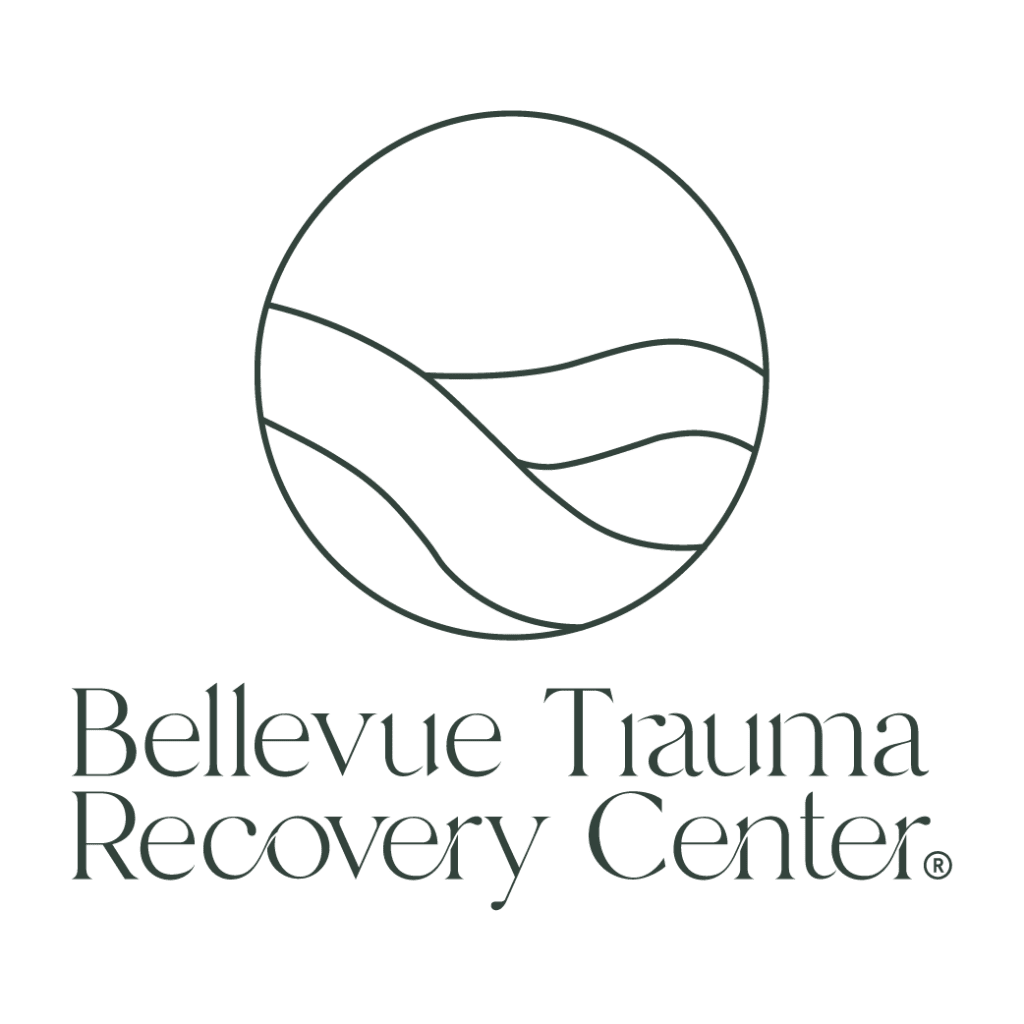The Influence of Trauma on Isolation – and How to Build Resilience Through Creating Community.
Trauma – a serious, weighty, complex, and occasionally taboo social topic. Most people will experience at least one potentially traumatic event in our lifetime – and despite this prevalence, most of us will feel utterly alone throughout our healing journey. When the wounds we carry are wrapped in stigma or misunderstood by those around us, our sense of isolation can deepen into something far more enduring – loneliness. Since the COVID-19 pandemic, loneliness has surged across the nation, quietly becoming one of the most pressing public health issues of our age. The impacts of loneliness are far from harmless: research shows that loneliness can be as damaging to our physical and mental wellbeing as smoking or heavy alcohol use.
For those living with traumatic wounds, loneliness doesn’t just coexist – it compounds. Feeling isolated and disconnected from others can significantly increase the risk of developing PTSD, while the symptoms and experiences wrapped within PTSD can often push people further into isolation. This cycle can be especially difficult to disrupt for people who have experienced early childhood, intergenerational, or systemic traumas – where a foundational trust in others and the world at large may have been already deeply fractured.
Despite this complexity, there are absolutely methods forward. Building intentional, supportive communities – both online and in-person – can be a powerful addition to the healing and growth occurring in the therapy room. Research suggests that increasing social engagement through community-based activities is an integral method for shifting the socio-emotional outcomes following a traumatic event. Connecting and re-connecting with others may be one of the most impactful steps towards long-lasting healing.
How to Begin Building Community:
Building a sense of community can feel daunting – especially during times of isolation or transition. With intention, curiosity, and an open-mind, creating meaningful social connections can be closer than you think. Below are some starting points for finding or creating community in your life.
Finding Identity or Interest Based Communities:
Start by looking inward – Who are you and What do you enjoy?
Identity-based communities form around shared characteristics such as age, race, religion, gender identity, or life experience. Interest-based communities include people with shared hobbies or passions – like athletes, gamers, gardeners, students, or crafters.
As you start your exploration into potential groups, ask yourself the following questions;
- What do I do that already brings me joy?
- What am I curious to try?
No matter how specific or niche your interest may seem, chances are there is a group of people out there who share them, and want to connect. Community events, clubs, and meetups are often built around a combination of shared identities and passions.
Online Communities:
The internet can be a powerful first step to exploring and discovering community.
A quick search like “hiking groups near me”, or “book clubs in [your city]” can lead to local events, interest groups, and forums. Platforms such as Reddit, Discord, and Facebook often host online communities for everything from indie video games to favorite TV shows.
Online spaces offer a softer entry point when experiencing major life transitions. The potential for anonymity and broader population based allow people to explore niche communities, potential interests, or new identities at their own pace and comfort level.
That said, while online communities can be incredibly supportive, in-person connection is crucial for long-term social resilience. Face-to-face interactions help us build communication skills, co-regulate our emotions, and deepen our understanding of ourselves and others. Ideally, online communities offer a complement, not a replacement, for in-person experiences.
Communal Support Systems:
Communal support systems are intentional networks where people come together to share resources, knowledge, and effort for the collective good. These systems already exist all around us – we just may not recognize them.
Examples include;
- Support Groups (group therapies, AA/NA meetings, Grief groups, etc)
- Peer tutoring or study groups
- Community Gardens
- Book or Tool libraries
- Neighborhood food or childcare cooperatives
Communal support can feel daunting, however there are simple, everyday ways that you can grow your communal support network: creating a meal train for a neighbor in need, organizing a ride-share with coworkers, or volunteering with a local organization. These shared efforts not only support and connect you with others, they offer ways to feel rooted and valued within your community.
When you don’t know where to start:
Stepping out of your comfort zone can be an immobilizing experience, especially if you have felt isolated or lonely for a significant time. It’s okay to feel unsure or overwhelmed. If you’re looking for a safe and welcoming place to begin, your local library is an excellent resource. Many libraries offer a wide variety of in-person clubs, meet-ups, events, or workshops, as well as a lists of online resources to fit a wide range of interests and needs.
Trauma can be deeply isolating, especially in a world post-pandemic. If you are feeling alone, disconnected, or unsure of where to being, know that you are not alone.
At the BTRC, we are here to help. We offer both individualized therapy and community-based healing services through our betrayal trauma support groups. Whether you’re looking to explore your identity, find your people, or simply take the first step – you are welcome here.


